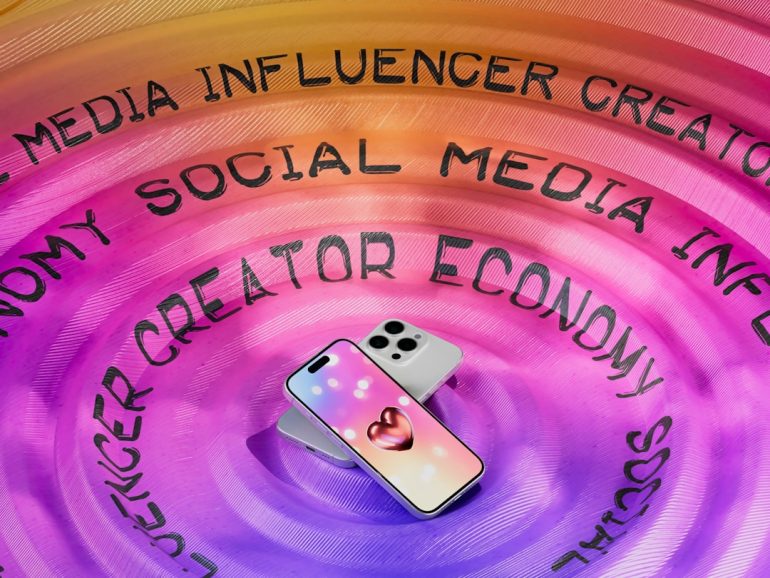6 Translation Industry Trends: 2025 Outlook
As the global economy becomes increasingly interconnected, the translation industry is evolving at a remarkable pace. Driven by technological innovations, shifting business needs, and cultural transformation, the demands on linguistic professionals are rapidly changing. Looking ahead to 2025, several key trends are set to redefine how translation services are delivered and consumed.
1. Widespread Adoption of AI and Neural Machine Translation
Table of Contents
Artificial Intelligence (AI) and Neural Machine Translation (NMT) are leading a revolution in how content is translated. Tools like Google Translate and DeepL have improved significantly in quality, enabling near-human translations for many types of content. In 2025, it’s expected that these tools will be more deeply integrated into professional workflows, acting as a first pass for translators to refine and customize, rather than replace human input entirely.

2. Greater Demand for Multilingual SEO
With more businesses going global, optimization for search engines in multiple languages has become a necessity. Translators are increasingly expected to understand SEO principles, especially keyword localization and cultural relevance. This new hybrid role of translator and digital marketer will see a surge in demand throughout 2025 as companies seek to rank competitively in foreign markets.
3. Growth in Video and Multimedia Localization
Video content consumption continues to skyrocket, especially on platforms like YouTube, TikTok, and streaming services. As a result, subtitling, dubbing, and voice-over translation services are becoming vital. Businesses use these solutions to capture multilingual audiences and increase global engagement.

4. Emphasis on Data Security and Confidentiality
As sensitive data is increasingly transferred across borders, data security in translation has become a top concern. By 2025, it’s predicted that translation agencies and freelancers alike will invest more in encryption protocols and secure cloud-based platforms. GDPR and similar global regulations will continue to dictate best practices in data handling and client confidentiality.
5. Rise in Demand for Specialized Subject-Matter Translation
While general translation remains significant, 2025 will witness growing demand for niche expertise. Fields such as healthcare, legal, and technical industries increasingly require translators who not only speak the language but also understand the specialized terminology and context. This trend emphasizes the importance of continuous learning and certification within the industry.
6. Expansion of Real-Time Interpretation Services
The increase in virtual meetings and events has led to a spike in demand for real-time interpretation services. Whether for international webinars, global business meetings, or medical consultations, real-time interpretation is being revolutionized by voice recognition technology, wearable devices, and low-latency streaming solutions. This segment is poised for massive innovation in the near future.
Conclusion
Looking ahead to 2025, it’s clear that the translation industry is not only expanding but also diversifying in response to technological and commercial transformations. From smart automation to greater specialization and audio-visual services, translation professionals are adapting rapidly to meet the growing global demand for multilingual communication. Staying ahead in this industry means embracing new tools, learning new skills, and understanding the nuanced requirements of a fast-changing market.
Frequently Asked Questions (FAQ)
-
Q: Will AI replace human translators by 2025?
A: Not entirely. While AI and machine translation tools are getting better, human expertise is still crucial for context, tone, and cultural understanding, especially in specialized content. -
Q: What industries will need the most translation services in 2025?
A: Healthcare, legal, e-commerce, and media industries are predicted to have high demand for translation, particularly with emphasis on accuracy and localization. -
Q: What skills should translators develop for future success?
A: In addition to language proficiency, translators should acquire skills in SEO, content marketing, video localization, and become familiar with AI-powered tools. -
Q: Is certification important for translators in 2025?
A: Yes. As clients seek subject-matter experts, having certifications in legal, medical, or technical translation will become increasingly valuable.







